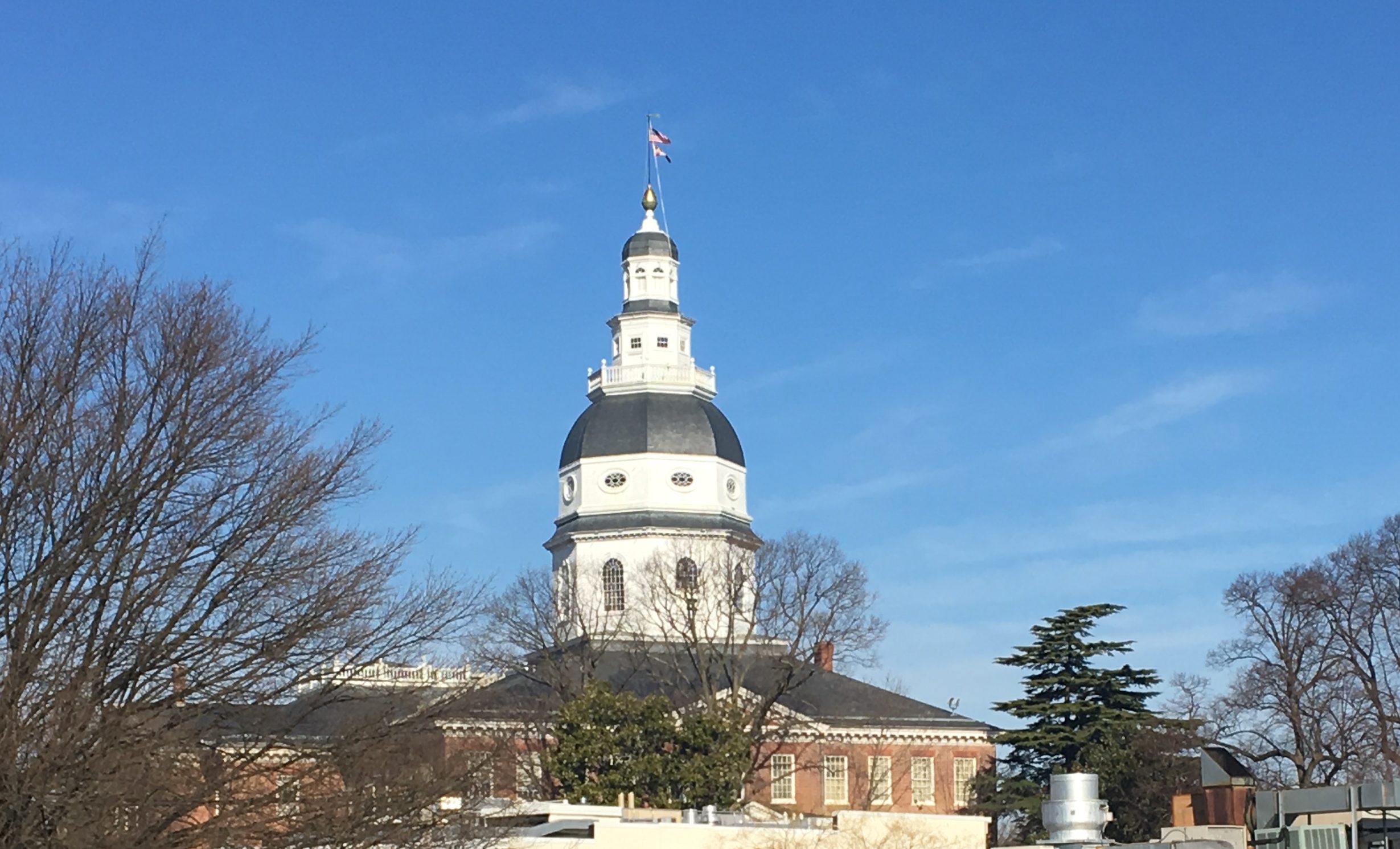Supreme Court considers Trump’s absolute immunity claims
By KATHARINE WILSON and FATIMA YAZDI
WASHINGTON – The Supreme Court Thursday seemed skeptical of former President Donald Trump’s claims of absolute presidential immunity from prosecution.
Trump’s alleged efforts to overturn the 2020 election is at the center of the case, including his actions leading to the Jan. 6 attack on the United States Capitol. After he was indicted by a federal grand jury, the former president’s attorneys argued that he could not be charged due to having “absolute immunity” from criminal prosecution.
Presidents are immune from civil damages related to the “outer perimeter” of their duties, as the high court ruled in 1982, because civil suits could distract the president from his responsibilities. The court has not yet taken a stand on criminal prosecutions related to duties in office.
“This case has huge implications for the presidency, for the future of the presidency, for the future of the country,” Justice Brett Kavanaugh said.
Justices seemed focused on how their decision could impact future presidencies, either holding presidents to account or setting up a system that would be open to revenge politics.
Some justices, including Ketanji Brown Jackson, were concerned that taking away the possibility of criminal prosecution could encourage presidents to engage in more illegal activity.
“I’m trying to understand what the disincentive is from turning the Oval Office into the seat of criminal activity in this country,” Jackson said.
Multiple justices – both liberal and conservative – appeared unwilling to hold the president to a standard equivalent to the rights of a monarch.
D. John Sauer, the attorney representing Trump, argued that presidential decisions could be clouded by a fear of criminal prosecution.
“That looming threat will distort the president’s decision-making precisely when bold and fearless action is most needed,” Sauer said.
But Jackson countered that many people have jobs where they are expected to make life-and-death consequential decisions in the workplace with the possibility of criminal prosecution.
Other justices were concerned that setting up a system of criminal prosecution could lead to sitting presidents afraid to make difficult decisions, presidents pardoning themselves and politically-driven criminal cases.
The latter point brought the court, including Justices Neil Gorsuch and Amy Coney Barrett, to a discussion around how motive could be a deciding factor for future criminal cases.
“I am concerned about future uses of the criminal law to target political opponents based on accusations about their motives,” Gorsuch said. “We’re writing a rule for the ages.”
A significant portion of the justices’ questions centered around how a president’s actions can be classified as either official, subject to immunity, or private, which would not be granted any legal shield.
Justice Elena Kagan asked Trump’s legal representation, Sauer, whether a president ordering the military to stage a coup would be considered an official act.
“That might well be an official act and he would have to be, as I’ll say in response to all these kinds of hypotheticals, has to be impeached (by the Congress) and convicted before he can be criminally prosecuted,” Sauer said.
After the 2020 election, Trump, Gorsuch suggested, was at moments acting as an elected official and at others, a candidate.
Both conservative and liberal justices conceded that a democratic system of government relies on leaders who uphold its legitimacy.
“A stable, democratic society requires that a candidate who loses an election, even a close one, even a hotly contested one, leave office peacefully if that candidate is the incumbent,” Justice Samuel Alito said.
Similarly, Justice Sonia Sotomayor noted the layers of protections the judicial system provides for defendants. She asked Michael Dreeben, attorney for Special Counsel Jack Smith, who is prosecuting Trump in two federal trials, about who bears responsibility for failures in the system.
“In the end, if it fails completely, it’s because we destroyed democracy on our own, isn’t it?” Sotomayor asked. Dreeben agreed.
“I think one of the ways in which abuses are limited is accountability under the criminal law for criminal violations,” Dreeben replied. “But the ultimate check is the goodwill and faith in democracy.”
Trump’s federal trial on 2020 election subversion charges has been delayed until the court rules on his claim of presidential immunity.
Outside facing felony counts of falsifying business records to influence the election in his current Manhattan trial, Trump faces criminal charges in Georgia, where he is accused of interfering with the state’s 2020 presidential election results, and in Florida, where he is accused of keeping classified documents in his Mar-a-Lago home.
Earlier this month, the high court heard oral arguments in Fischer v. United States, which questioned the applicability of a federal obstruction charge to more than 350 Jan. 6 defendants. Trump was also charged with obstruction in his Jan. 6 case.
The Supreme Court could decide on the cases anytime, but most likely in June or early July.

Capital News Service is a student-powered news organization run by the University of Maryland Philip Merrill College of Journalism. With bureaus in Annapolis and Washington run by professional journalists with decades of experience, they deliver news in multiple formats via partner news organizations and a destination Website.
